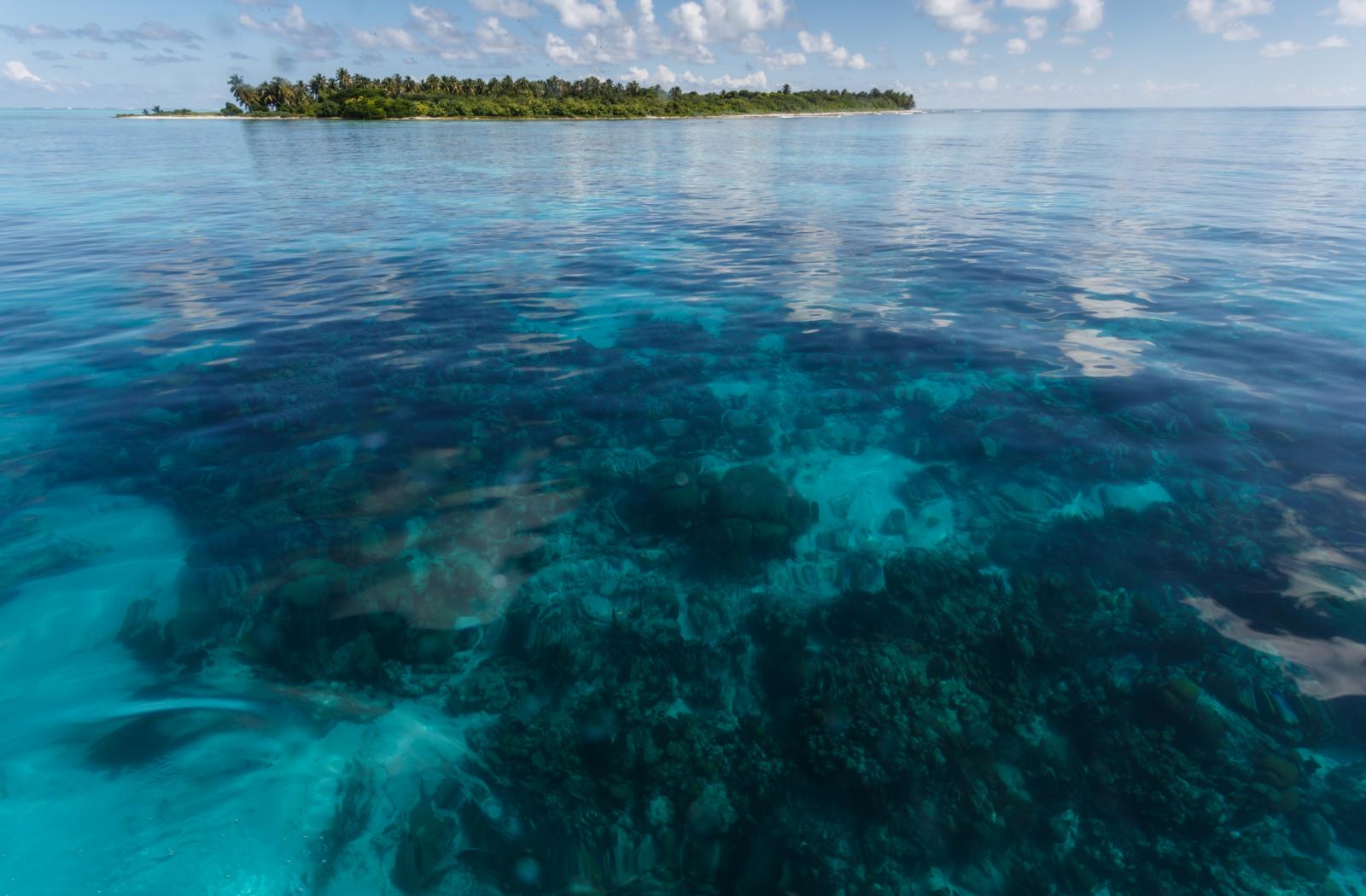Commonwealth countries are breaking new ground with innovative financial deals that are cutting the cost of their national debt, while unlocking funds for vital marine conservation.

The success of ocean-based debt-for-nature swaps in countries such as Seychelles, Belize and Barbados, was recently spotlighted as part of the ‘Blue Dialogue’ webinar series by the Commonwealth Secretariat. Experts and country representatives shared lessons learned and best practices from their experiences that could potentially be replicated in other member states.
Win-win solution
Opening the event, Dr Nick Hardman-Mountford, Head of Oceans and Natural Resources at the Commonwealth Secretariat highlighted the significant market for these swaps, forecasted by Bloomberg to exceed US$800 billion. He said:
“As Commonwealth countries navigate multiple global challenges, including debt crises, climate change, biodiversity loss and the impacts of the COVID-19 pandemic, debt-for-nature swaps offer a potential win-win solution for governments and the environment."
Such debt conversion agreements allow governments to negotiate with a lender to reduce the cost of its public debt, and reallocate the savings to fund local conservation projects instead.
Dr Mohamed Aazim, Adviser on Debt Management at the Commonwealth Secretariat, added that debt aggregates in the Commonwealth is converging towards GDP and for developing countries struggling with high debt and the cost of servicing that debt, debt-for-nature swaps bring dual benefits of fiscal relief while also addressing climate and ocean action.
Seychelles experience
Didier Dogley, Founder and Director of Inspire Tomorrow Consulting, and former Minister for Tourism, Civil Aviation, Port and Marine of Seychelles, outlined the country’s journey as the first in the world to trial this innovative approach.
In 2013, saddled with unsustainable debt equivalent to 75% of GDP (debt-to-GDP ratio had exceeded 100% a few years earlier), Seychelles began negotiations with the Paris Club for a debt swap.
This resulted in US$21.6 million debt reduction, which was then channelled into the Seychelles Environment Trust Fund and Seychelles Conservation and Climate Adaptation Trust (SeyCCAT) for marine protection and climate adaptation. The country also raised a further US$5 million from philanthropist contributions. Mr Dogley said:
“Debt swaps takes a lot of time and patience. Scale also matters. The engagement and commitment of the Ministry of Finance is key."
Belize blue bonds
More recently, the government of Belize was able to restructure its debt and invest in natural capital through the use of blue bonds.
Safira Vasquez, Senior Technical Officer at the Government’s Blue Bond & Finance Permanence Unit, reported that in November 2020, the national economy had contracted by 16.7%, while debt-to-GDP ratio was at 133%.
But thanks to Belize’s blue bond arrangement, upon signature the country’s debt was reduced by 12% and within two years the country was able to see a 65% point reduction in its debt-to-GDP. Debt service costs were lowered by US$200 million over 20 years. Meanwhile, US$180 million of long-term financing was allocated for ocean conservation and blue economy development over the same period.
Ms Vasquez underlined that this was only possible after the country set up key fiscal, legal and policy frameworks, as well as a fiscal strategy to restore debt sustainability:
“We had to put these in place to show that, as a country, we were able to recover our economy and this created the foundation for us to seal our deal on the blue bond.”
Outlook ahead
A presentation by global investment bank Credit Suisse outlined debt-for-nature swaps it has handled over the past 18 months for Barbados, Belize and the Galapagos Islands.
Between those three transactions, Credit Suisse financed over US$2.3 billion worth of debt, generating US$1.2 billion in debt savings, while also unlocking nearly US$700 million to support ocean conservation in these countries. These figures are expected to double within a year.
“I think we’ve shown that debt conversions are scalable, effective and good alternatives for some developing countries to explore for ocean conservation or other projects,” said Ramzi Issa, Head of Credit Structuring at Credit Suisse.
Finally, Kevin Bender, Director of Greening Sovereign Debt at The Nature Conservancy (TNC), shared how they are working with partners to create new toolkits for Ministries of Environment and Finance and other stakeholders, as well as best practice standards for conservation.
The discussions highlighted the importance of innovative and collaborative action in sustainable ocean management. Dr Jeff Ardron, Lead Adviser for the Commonwealth Blue Charter and event moderator, concluded by referring to debt-for-nature swaps as a promising avenue, not just for debt relief, but for the preservation of invaluable ocean ecosystems.
Watch the webinar
Media contact
- Victoria Holdsworth Head of CHOGM Media Delivery, Communications Division, Commonwealth Secretariat


